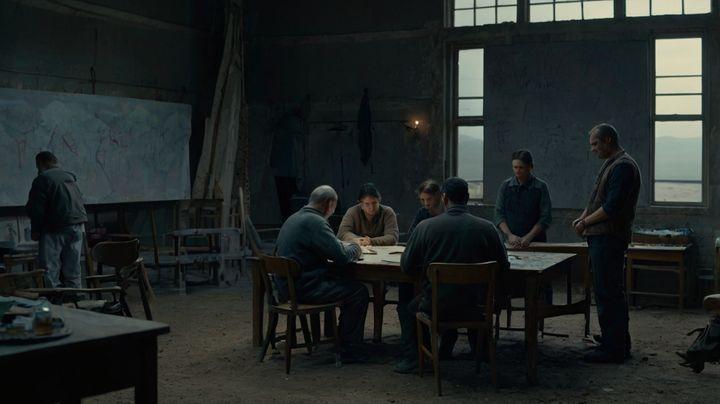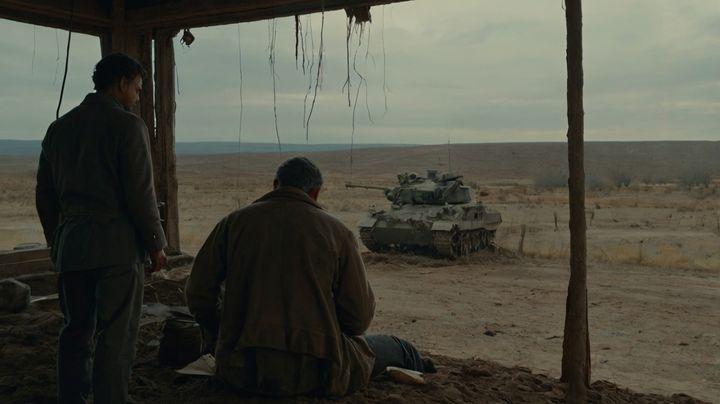The Psychological Impact of the Russia-Ukraine War on Civilians: Coping Mechanisms and Support Systems

The ongoing Russia-Ukraine conflict has profound implications for civilian mental health, necessitating an exploration of coping mechanisms and support systems. Understanding these impacts is crucial in providing effective assistance to affected populations.
Impact on Mental Health
The conflict has led to widespread psychological distress among civilians, manifesting in anxiety, trauma, and post-traumatic stress disorder (PTSD). Factors such as displacement, loss of loved ones, and constant threat exacerbate these conditions, highlighting the urgent need for mental health interventions and support networks.
Coping Mechanisms and Resilience
Despite adversity, civilians have exhibited remarkable resilience through various coping mechanisms. These include community support networks, peer counseling, and creative therapies like art and music, which provide avenues for emotional expression and healing.
Support Systems and Interventions
Effective support systems are critical in mitigating mental health challenges. NGOs and humanitarian organizations play pivotal roles in providing psychosocial support, access to mental health professionals, and rebuilding social infrastructure to foster long-term resilience.
In conclusion, the psychological impact of the Russia-Ukraine war on civilians underscores the importance of empathetic understanding and targeted interventions. By implementing effective coping strategies and bolstering support systems, communities can navigate these turbulent times with greater resilience and hope for the future.




